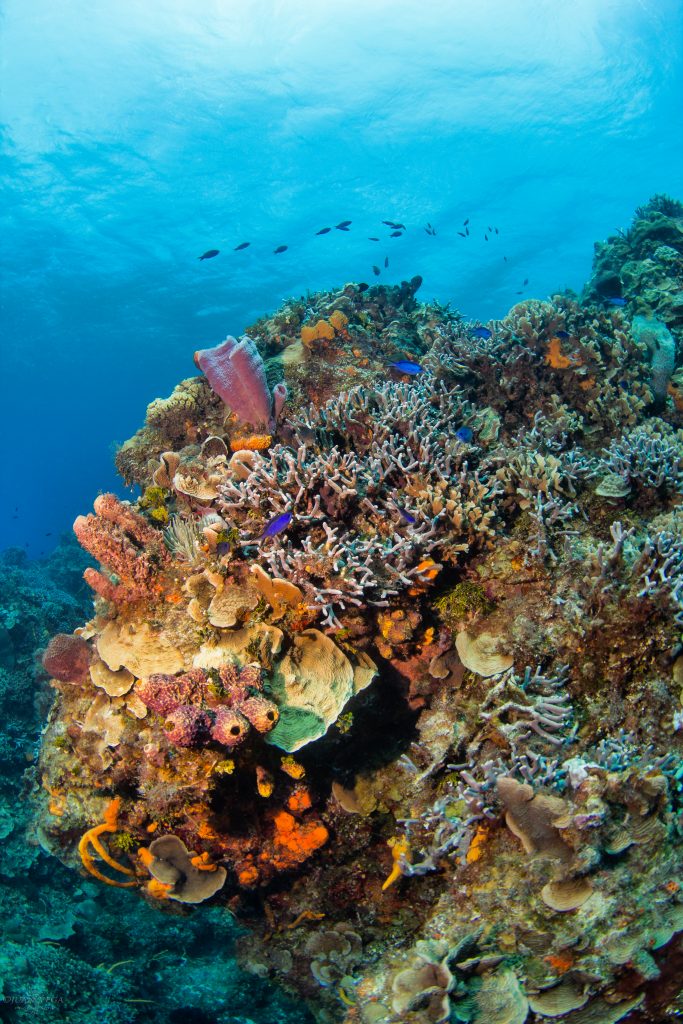


El CLME+ Hub es una iniciativa de la Secretaría del Mecanismo de Coordinación Interino (MIC) del CLME+, en colaboración con los miembros del MIC del CLME+ y el Grupo Ejecutivo del Proyecto (PEG) CLME+ y las (posibles) Organizaciones Aliadas. El desarrollo del Hub se ha beneficiado del apoyo financiero del Proyecto PNUD/FMAM: “Catalizar la implementación del Programa de Acción Estratégica (SAP) para la gestión sostenible de los recursos marinos vivos compartidos en los grandes ecosistemas marinos del Caribe y la plataforma del norte de Brasil” (Proyecto CLME+, 2015-2020). El Proyecto CLME+ es ejecutado por la Oficina de las Naciones Unidas de Servicios para Proyectos (UNOPS) en estrecha colaboración con un gran número de socios a nivel mundial, regional y nacional. Para más información sobre el Proyecto CLME+ click aquí
Copyright © 2021 CLME + HUB




Utilizamos cookies para mejorar su experiencia en el sitio, para ofrecer funcionalidades adicionales y con fines analíticos. Puede expresar su consentimiento hacia el uso de dicha tecnología aceptando y cerrando este aviso. Si quiere saber más, lea nuestra política de cookies aquí.